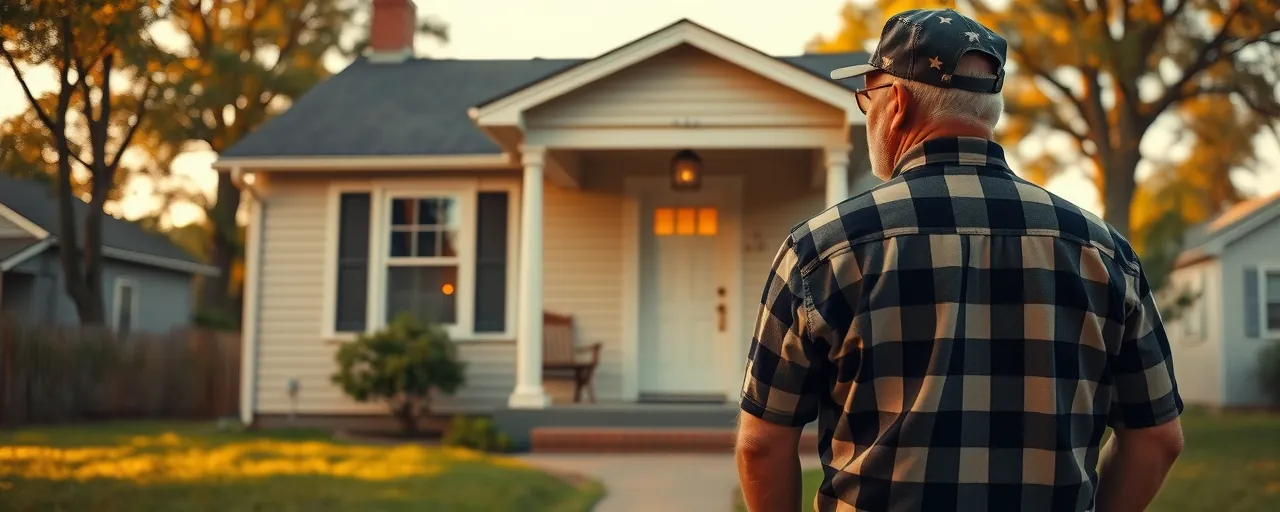Honoring Heroes With Action
Texas carries a deep obligation to its 1.5 million veterans, the largest veteran population in the nation. Governor Greg Abbott and the Texas Veterans Commission have answered that call with a bold $46.3 million in grants to 175 organizations, set to directly assist over 40,000 veterans and their families. This investment delivers tangible support, from housing to mental health care, for those who’ve sacrificed so much.
The Fund for Veterans’ Assistance drives this effort, targeting the real challenges veterans face daily. Whether it’s securing a stable home, landing a steady job, or accessing counseling, these grants empower local groups to provide practical help. Veterans deserve more than gratitude; they need resources that change lives. Texas is making that happen.
What makes this approach stand out is its focus on community-driven solutions. Rather than leaning on distant federal programs, Texas channels funds to nonprofits and local governments that understand their veterans’ needs. This $46.3 million commitment shows a state unafraid to take responsibility for its heroes.
Tackling Veterans’ Toughest Challenges
Transitioning to civilian life tests even the strongest veterans. Nearly half struggle to align their military skills with civilian jobs, and just as many lack the networks to break into the workforce. Texas’s grants fund employment programs offering resume coaching, employer connections, and job placement support. Groups like U.S.VETS boast over 90% success in securing full-time jobs for participants, proving these efforts work.
Homelessness remains a painful reality for too many. In January 2024, over 32,000 veterans nationwide lacked stable housing. Texas counters this with initiatives like Housing for Texas Heroes, which funds financial aid and home modifications to keep veterans secure. Unlike federal programs slowed by red tape, these grants enable local organizations to act quickly and effectively.
Mental health care is another urgent need. Only about half of veterans who need support receive it, held back by stigma and provider shortages. Texas invests in peer support and clinical counseling, alongside Veteran Treatment Courts that offer legal aid to keep veterans on track. These programs break down barriers, giving veterans a clear path to recovery.
Why Texas Gets It Right
Texas funds these grants through smart, sustainable sources: veteran-designated lottery games, driver’s license fees, and vehicle registration contributions. Since 2009, this system has delivered over $359 million, a track record of reliability. Compared to federal programs that often swell in cost with mixed results, Texas’s model stays efficient and accountable.
Some advocate for greater federal oversight, pointing to programs like HUD-VASH, which combines federal vouchers with VA case management. Yet these efforts frequently stall under bureaucratic weight. Texas’s grants, by contrast, give local organizations the flexibility to meet specific community needs, serving 40,000 veterans in one cycle. The numbers show what’s working.
Local control doesn’t mean isolation. Texas leverages public-private partnerships and performance metrics to maximize every dollar. This approach respects the principle that communities, not Washington, are best equipped to serve their veterans. It’s a system built on trust in local innovation and accountability.
Keeping the Promise to Veterans
Texas’s work is far from done. Rising rents and mental health provider shortages pose ongoing challenges. The state must stay vigilant, ensuring funds reach the most vulnerable while refining its approach. But the foundation—local leadership and practical solutions—remains the right path forward.
Other states should look to Texas as a blueprint. Dependence on federal programs or rigid, top-down models too often fails veterans. Texas proves that communities, armed with resources and accountability, can deliver faster, smarter results. This $46.3 million investment underscores that commitment.
Every veteran who finds a job, a home, or a counselor through these grants is a testament to Texas’s resolve. The state’s loyalty to its heroes shines through in action, not just words. Let’s keep supporting systems that prioritize veterans, trusting local leadership to pave the way.
